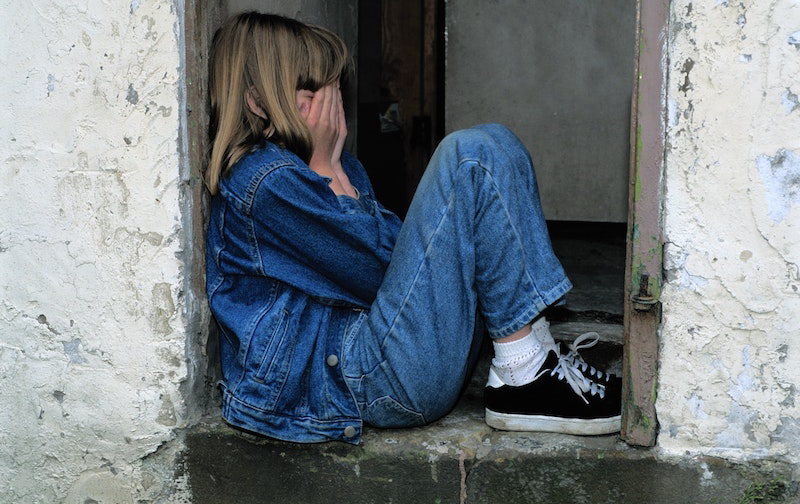

The impact of childhood trauma on adult survivors
The impact of childhood trauma on adult survivors The impact of childhood trauma on adult survivors is profound, often influencing physical, emotional, and psychological health well into adulthood. Here’s an overview of some primary effects:
Mental Health Issues
Depression and Anxiety: Survivors of childhood trauma are at a higher risk of experiencing depression, anxiety disorders, and PTSD. The adverse experiences can lead to hypervigilance, a negative self-view, and a tendency to ruminate on past events.
Post-Traumatic Stress Disorder (PTSD): Traumatic experiences in childhood can contribute to PTSD, where survivors may experience flashbacks, nightmares, and intrusive memories that can disrupt daily life.
Substance Use Disorders: Many turn to alcohol, drugs, or other addictive behaviors to cope with the pain or to “self-medicate” difficult emotions.
Cognitive Development and Learning Difficulties
Trauma can disrupt normal brain development, affecting memory, concentration, and learning abilities. This can result in academic challenges, struggles with attention, and a lower sense of self-worth related to intellectual abilities.
Physical Health Problems
Chronic Illnesses: Adults who experienced trauma as children may have a higher risk of chronic health conditions, such as cardiovascular disease, obesity, diabetes, and autoimmune disorders. The body’s stress response remains on high alert, leading to physiological wear over time.
Reduced Life Expectancy: Studies, including the Adverse Childhood Experiences (ACE) study, have shown that survivors of childhood trauma may have a reduced lifespan due to these compounding health issues.
Interpersonal Relationship Challenges
Attachment Issues: Early trauma, especially from primary caregivers, can disrupt attachment styles, leading to insecure attachment patterns, trust issues, and struggles with vulnerability.
Difficulty with Boundaries: Survivors might struggle with setting or respecting personal boundaries due to a disrupted understanding of safety and autonomy in relationships.
Relationship Problems: Emotional volatility, lack of trust, or intense fears of abandonment or rejection can affect friendships, family relationships, and romantic partnerships.
Behavioral Issues and Impulse Control
Risk-Taking Behaviors: Trauma survivors may engage in high-risk behaviors, including reckless driving, unsafe sexual practices, and substance abuse.
Self-Harm and Suicidality: Some may turn to self-harming behaviors as a coping mechanism for emotional pain, while others might experience suicidal thoughts or behaviors.
Self-Perception and Identity Challenges
Low Self-Esteem: Many survivors struggle with self-worth and feelings of inadequacy, which can impact their career, relationships, and life satisfaction.
Difficulty Establishing Identity: Childhood trauma can interfere with self-development, leaving some adults uncertain about their personal identity, values, and beliefs.
Neurobiological Changes
Trauma can cause neurobiological changes, especially when it occurs during critical periods of brain development. The body’s prolonged exposure to stress hormones like cortisol and adrenaline can lead to long-term impacts on brain structure, particularly in areas like the hippocampus, amygdala, and prefrontal cortex.
Healing and Resilience
Recovery from childhood trauma is possible with appropriate therapeutic support, such as cognitive-behavioral therapy (CBT), trauma-informed therapy, or eye movement desensitization and reprocessing (EMDR).
Building resilience involves self-compassion, learning healthy coping strategies, establishing positive relationships, and developing a strong support system.
Understanding these impacts and seeking professional help can allow adult survivors to reclaim agency, work through trauma, and lead fulfilling lives despite their difficult early experiences.






